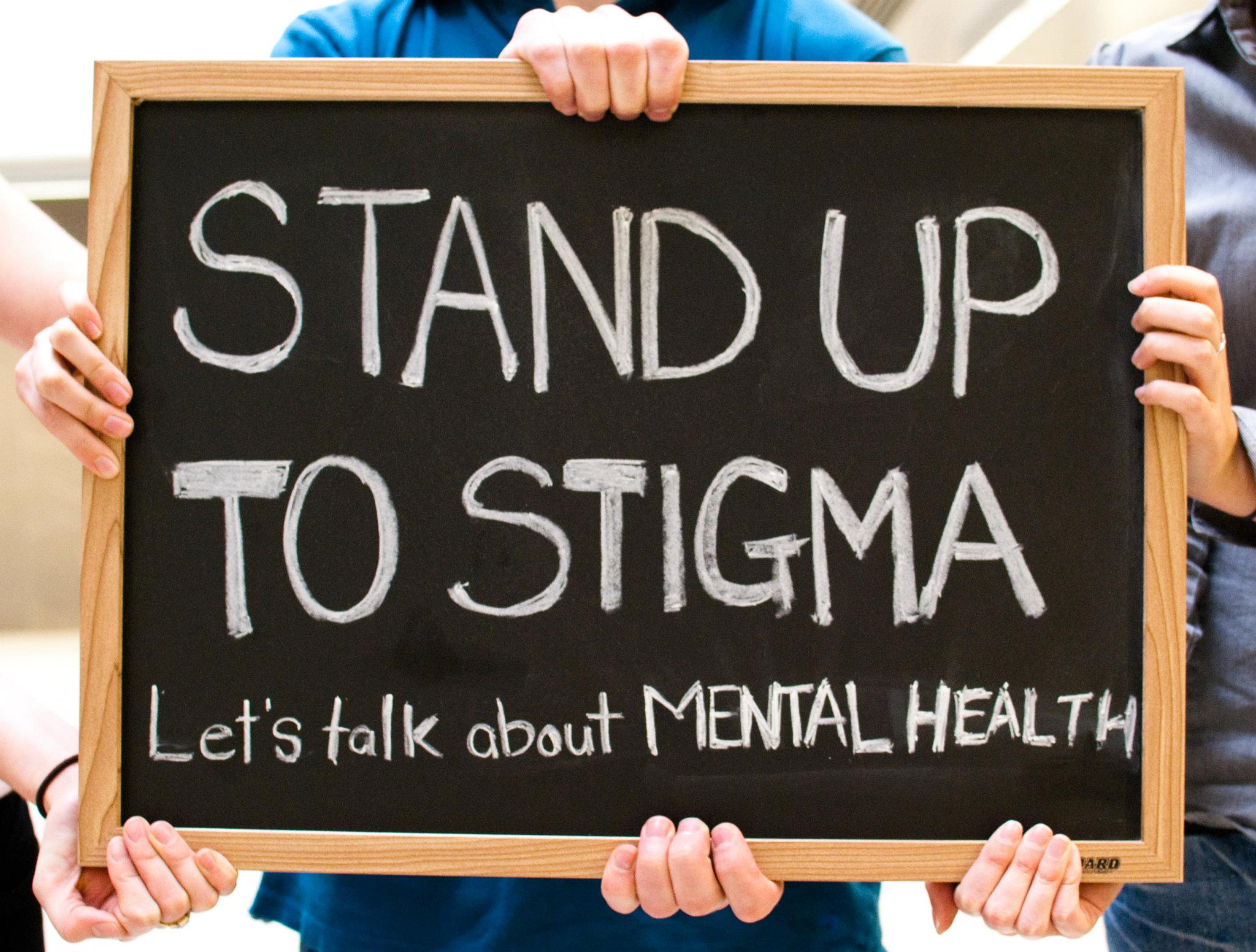
I recently published blogs criticizing Dr. Phil, Dr. Oz and Brian Williams for either saying or presenting programs that marginalized and belittled persons with mental illnesses. Those blogs drew a record number of readers to this website — more than 17,000. Obviously, fighting stigma is something, about which, many of us care.
Should we? Or are we wasting our time?
Before I chastised Dr. Phil, Dr. Oz and Brian Williams, the president and CEO of the National Council For Behavioral Health, Linda Rosenberg, wrote a column entitled: Is Mental Health Stigma Overrated? I’m a big fan of Linda’s, so much so, that I helped recruit her when the Corporation for Supportive Housing was searching for a new board member. Linda is a dynamic and innovative leader who works tirelessly to improve our mental health care system.
Several mental health care advocates told me that they were disappointed when The White House decided during its recent summit on mental health care to focus on stigma. “Haven’t we gone beyond that issue?” one leader asked me. “The best way to end stigma is by improving services that help people.”
After reading Linda’s column, a long time NAMI leader sent me an email that read: “Provocative Thought! Do we spend too much money on anti-stigma programs when those resources could be spent on treatment and services?
Is mental health stigma overrated?
Kaiser Health Tracking Poll is a fascinating window into the public’s thinking about gun violence, gun control, and the adequacy of the nation’s response to the needs of those living with serious mental illness. All of the poll responses are revealing but some seem to be particularly important to those of us who fashion ourselves as mental health advocates.
According to the Kaiser poll, most Americans (75 percent) across age, race, insurance status, and even political party favor “requiring insurance companies to offer benefits for mental health and substance abuse services that are equivalent to benefits for other medical services.” But fewer than four in ten knew that there is a federal requirement that most plans providing mental health benefits have the same rules regarding copays, deductibles, and coverage limits for mental health and substance use benefits as for other medical services. Many Americans (40 percent) still believe insurance plans can have separate rules for mental health benefits, and another 22 percent aren’t sure of what the status is.
People have so much coming at them that even information critical to their health and safety gets lost in the noise. Bravo to Patrick Kennedy who travels the country keeping the parity issue on the radar, lets get behind him. The fight for parity was for naught if Americans don’t know their rights. We have lots of work to do!
However, of most interest to me was the finding that by far the biggest barrier in getting mental health care was cost, followed by insurance coverage issues and confusion over where to go for such care. Least commonly expressed reasons were that people were afraid or embarrassed to seek help. Although 76 percent of Americans say people with serious mental illness experience discrimination, and have discomfort in interacting with people with serious mental illness, stigma is NOT a barrier to care for people with mental illness and their families.
Is mental health stigma overrated? Is it time to rethink anti-stigma campaigns that are based on the belief that stigma stops people from accessing services?
I must admit that I’ve long questioned the use of anti-stigma campaigns — fearing they do little to help people with mental illness. They have however become an industry. How about we instead put the money into services? Into better salaries to nurture a better workforce and in turn, improved access to quality care? Just think — if psychiatric social workers, psychiatrists, nurses, and peers were paid like investment bankers how quickly we could attract quality talent? And how about we if we pass the bipartisan Excellence in Mental Health Act sponsored by Senators Stabenow and Blunt? A bill that would fund treatment capacity and would help Americans identify where they could go for help and what services they could expect to get.
Delivering effective services is very hard work, I can tell you from experience it’s easier to create anti-stigma campaigns and go to meetings to discuss the workforce crisis. But let’s see if we can put our money to good use — let’s increase treatment capacity, improve access, and enhance quality.
NO COMMENTS WILL BE PUBLISHED ABOUT THIS BLOG



